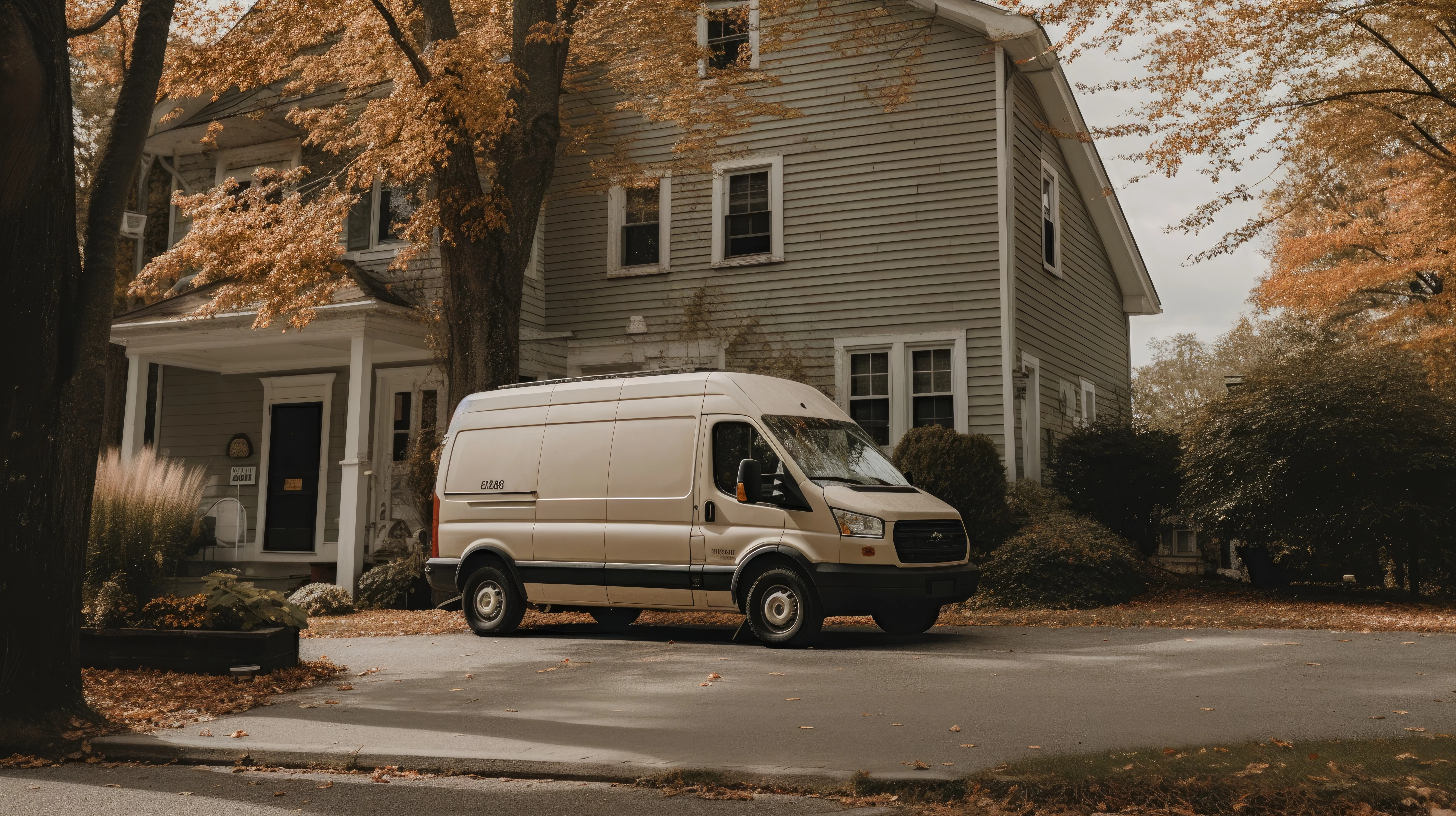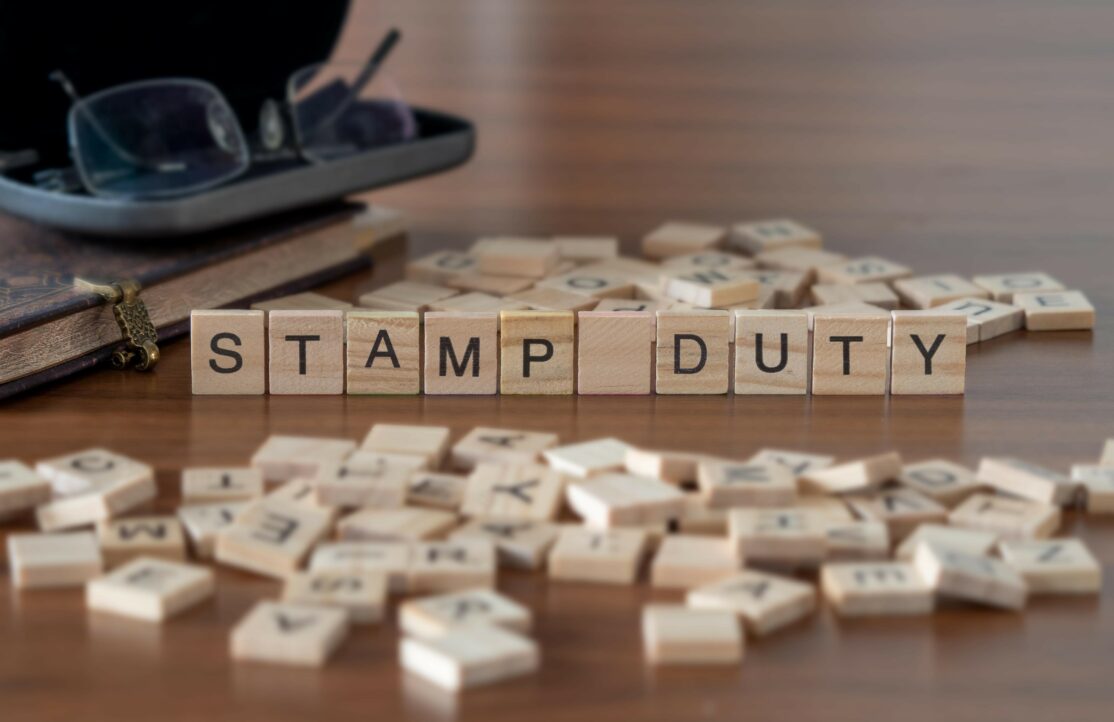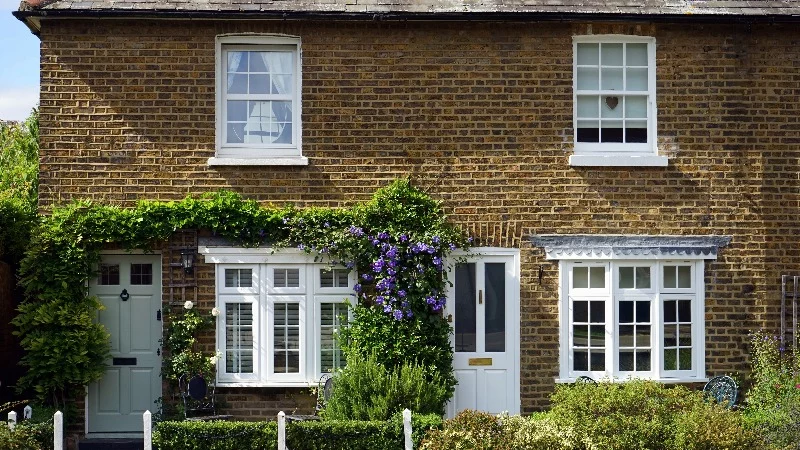Don't assume you can park caravans and commercial vans on your driveway

There is nothing worse than buying a house, or even a caravan, and finding you receive a knock on your door and a neighbour says the caravan is not permitted on your property.
Obviously you can never prevent a neighbour knocking, but you can protect yourself against them being right.
The reason why they could be right, and frequently they are, is because your house deeds have a clause written into them that stops you. But you thought an Englishman’s home is his castle. Sadly not.
A person’s property deeds may contain a ‘restrictive covenant’ which typically was imposed by the developer who built your house and the houses on your estate generally. The developer will have wanted to stop the estate becoming unsightly – as they considered, and developers still do – that some buyers will not be willing to buy on the estate if caravans and vans can spring up next door to them. Developers need the widest market possible for selling their houses, they cannot afford to put off buyers.
Now for some legal jargon – according to the Land Registry, a restrictive covenant “is a promise by one person to another, (such as a buyer of land and a seller) not to do certain things with land/property. It binds the land and not an individual person and therefore “runs with the land”. This means that the covenant continues even when the buyer sells the land on to another person. Restrictive covenants continue to have effect even though they may have been made many years ago and appear to be obsolete.”
(Indeed the last sentence trips up many conveyancing solicitors who overlook this point, similar to when some say a conditional planning consent’s age is relevant to its enforceability.)
In the context of a restrictive covenant against parking a caravan or commercial van on your drive, whether or not one exists means thoroughly checking your property title deeds.
But, whilst the first step is to check for a restrictive covenant, the next step is to determine whether it is enforceable. Some will be imposed only for a certain time (e.g. 5 years), some will prohibit caravans/vans without consent from a specific person or company, and yet others will appear to be absolute prohibitions.
The latter is where the complication arise. How to challenge what appears to be an absolute restriction. Restrictive covenants are highly technical for any lawyer, and even court cases come to different decisions. But again, your conveyancing solicitor is there to advise you. What they will look at is whether the definition above is satisfied, and then whether the developer enabled a neighbour to enforce the covenant against you – called a Building Scheme where similar convents are imposed on every property in a development and the ability to enforce is given to each owner against each other – or failing this, they look at the order of the house sales, as a restrictive covenant when imposed must benefit land refined by the developer. If the neighbour bought after your, then they may be able to enforce against you.
However, let us not forget the practical side of things, whatever the legal position. If the deeds do have restrictions which prevent caravans and commercial vans, then you may have overlooked checking them, or you may have deliberately ignored them. A lot also depends on the quality of conveyancing solicitors who act for buyers these days. Your conveyancing solicitor – if you just bought your property – should have drawn your attention to restrictive covenants such as these, and most do. Indeed, if you have an intention of parking either and are thinking about purchasing a property, draw this to the attention of your conveyancing solicitor.
If you are aware of the restriction, you may have taken a gamble that your neighbours will not enforce against you. That is risky and could be costly for you. Neighbours can club together reducing the legal cost per individual to minimal figures, and court action can be taken swiftly and effectively. You may also create a neighbour dispute in the process and that can impact the resale value of your property when you come to sell, as no buyer from you will want to move into a hostile environment.
So choose your conveyancing solicitor wisely, as choosing one who provides comprehensive advice in the complicated area of restrictive covenants is essential at the best of times, but can be glossed over by conveyancers who may charge a low legal fee. Corners have to be cut somewhere, and attention to crucial detail can suffer. Also re-consider the risks in deliberately ignoring any restrictions.
To speak to one of the team you can get in touch below or call us on 0800 2800 421.














